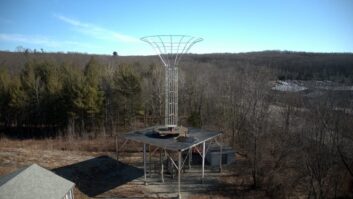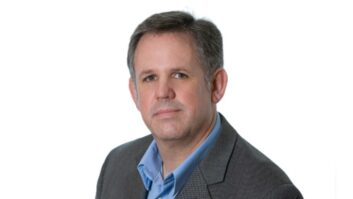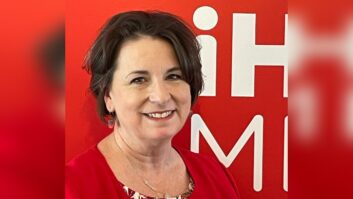“Users need to be free to go to any legal content of their choice, using the applications and devices they choose, so long as they don’t harm the network. The Internet must never be about powerful gatekeepers and walled gardens.”
FCC Commissioner Michael Copps recently shared his views about media, regulation and technology with students of Peoples’ Friendship University during a visit in Moscow.
He used the occasion to defend the FCC’s “National Broadband Plan,” calling it “a plan to address what I believe to be the central infrastructure challenge of our time,” and of government’s role.
“In all great infrastructure build-outs, there is a critical role for the both industry and government to play,” he said, according to an FCC transcript. “The full reach of our broadband goals will only be realized through the leadership, work and investment of the private sector and the innovation it brings. It remains the world’s great economic locomotive. But, like those other great infrastructure build-outs I mentioned, private sector know-how, energy and innovation work best when harnessed to visionary public policy.
“Private enterprise will lead the way,” Copps continued, “but it falls upon policy makers to play a formative role in charting the direction and to ensure a legal and regulatory environment that provides certainty for investment, fosters competition and safeguards consumers. We should see this, in my country as well as yours, not as private sector versus public sector, but as private sector and public sector, pulling together for the common good.”
Among Copps’ conclusions: The energy departments and ministries of both governments should be involved in the day-to-day implementation of their respective broadband plans:
“If we want all of our low-income and subsidized housing to be wired for the 21st century as it is built, saving the wasteful costs of coming in later and tearing the building apart to make way for broadband, our housing and urban development departments and ministries should be involved at the outset. If we want smart transportation grids, the transportation departments and ministries should be working seamlessly together. The same goes for education, environment, healthcare, civil rights, and so on.”
Copps estimated this was his 17th visit to Moscow; he was s part of a commission in the 1990s to improve commercial and trade ties.
Read his remarks in full.












